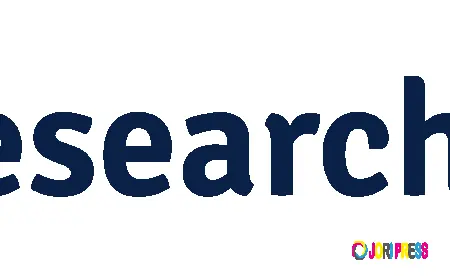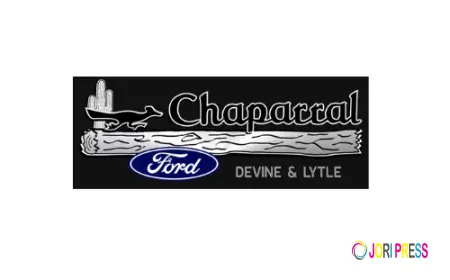Navigating the Consumer Market: A Guide to Fair Trade and Product Transparency.
In today’s rapidly evolving consumer market, understanding the principles of fair trade and product transparency is essential for both businesses and buyers. Consumers are increasingly conscious of the ethical and environmental impact of their purchases. As a result, businesses must prioritize transparent practices to gain trust, loyalty, and a competitive edge in the marketplace.
Fair Trade: Ethics at the Core
Fair trade is more than just a label; it represents a commitment to ethical sourcing, equitable wages, and sustainable practices. Businesses adhering to fair trade standards ensure that producers, especially in developing countries, receive fair compensation for their work. This approach not only supports local communities but also promotes long-term environmental stewardship by encouraging sustainable farming and manufacturing processes. For consumers, choosing fair trade products is a way to align purchasing habits with ethical values, supporting a system that benefits everyone in the supply chain.
Product Transparency: Empowering Consumers
Product transparency is the practice of providing clear and accurate information about a product’s origin, ingredients, and manufacturing processes. Consumers today demand to know what they are buying, including the ethical and environmental footprint of their purchases. Transparent labeling and certifications give buyers the confidence to make informed choices, which can influence brand loyalty. Companies that are upfront about their production methods, sourcing, and social responsibility initiatives often enjoy enhanced credibility and stronger customer relationships.
Benefits of Fair Trade and Transparency for Businesses
Implementing fair trade practices and product transparency offers tangible benefits for companies. It helps build brand reputation, fosters consumer trust, and often justifies premium pricing due to the added value of ethical practices. Moreover, transparent supply chains can reduce risks associated with labor violations or environmental harm, safeguarding the business from potential reputational damage. As competition grows, companies that prioritize these values can differentiate themselves in a crowded marketplace, positioning their brand as responsible and consumer-conscious.
Consumer Awareness: The Driving Force
The modern consumer is more informed and socially responsible than ever before. Social media, online reviews, and global awareness campaigns have empowered buyers to demand ethical practices. This heightened awareness means that businesses can no longer rely solely on product quality or price; transparency and fair trade compliance are now significant determinants of purchasing decisions. Consumers are more likely to support brands that demonstrate accountability, honesty, and ethical responsibility, creating a positive cycle that encourages more businesses to adopt fair trade principles.
Agile Regulatory: Guiding Businesses Towards Compliance
Agile Regulatory plays a crucial role in helping businesses navigate regulatory requirements related to ethical trade, product certifications, and compliance standards. With expertise in licensing, certification, and regulatory consulting, Agile Regulatory assists companies in ensuring that their practices meet both national and international standards. From obtaining necessary approvals to guiding businesses on transparent documentation and reporting, Agile Regulatory empowers organizations to operate responsibly, ethically, and in line with consumer expectations. By partnering with Agile Regulatory, businesses can confidently align their operations with fair trade principles while enhancing brand credibility and consumer trust.
What's Your Reaction?
 Like
0
Like
0
 Dislike
0
Dislike
0
 Love
0
Love
0
 Funny
0
Funny
0
 Angry
0
Angry
0
 Sad
0
Sad
0
 Wow
0
Wow
0

















































